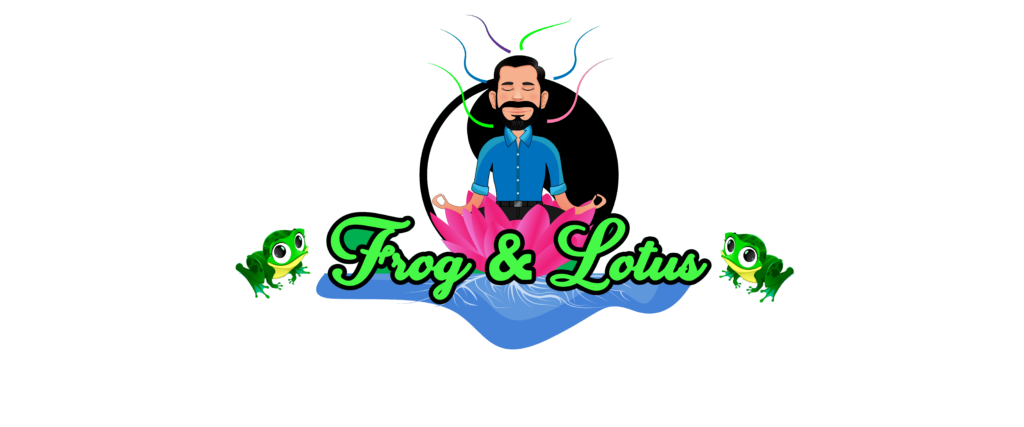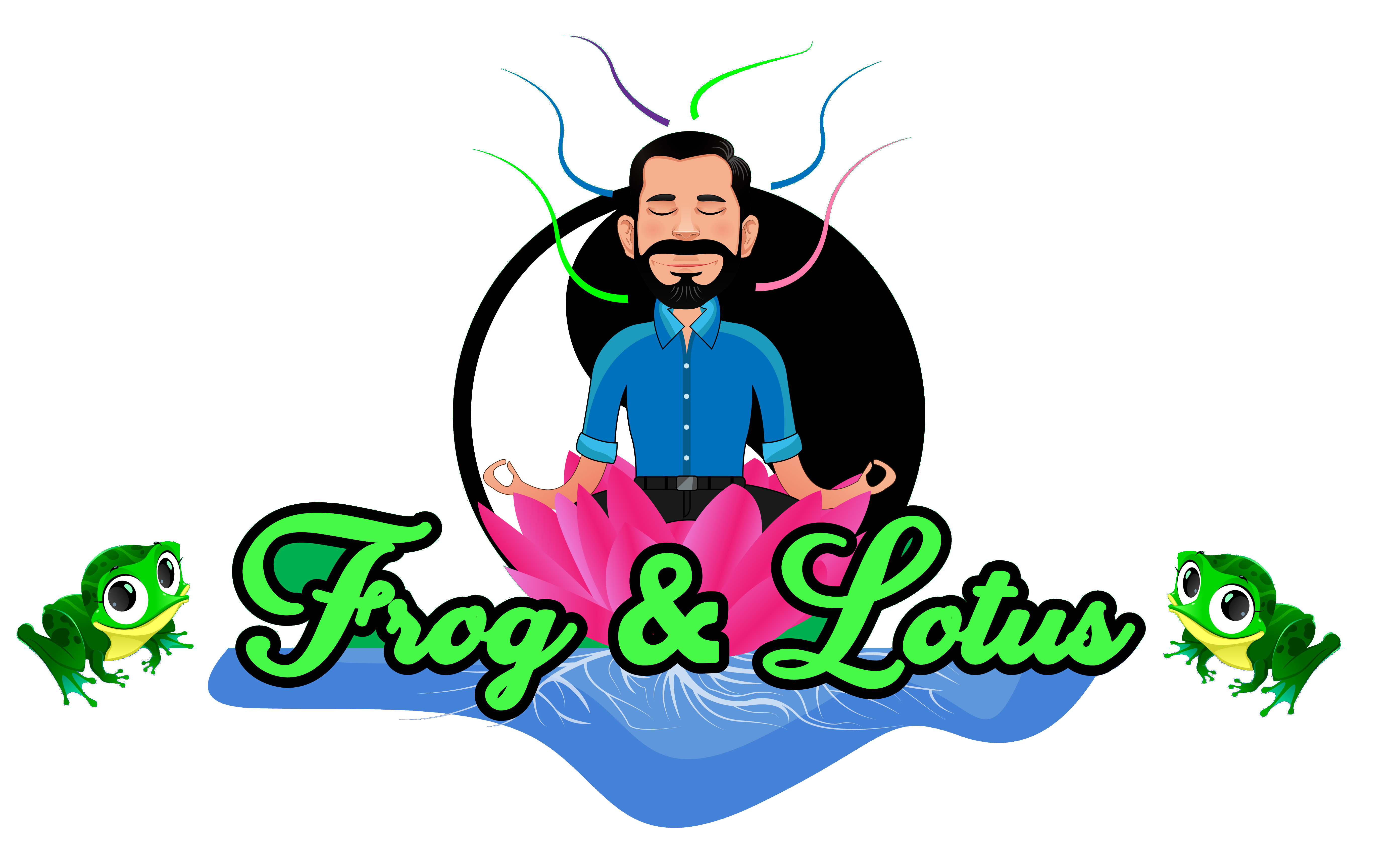About a week ago, a friend who also happens to be my dentist, Dr. Phil, was looking at my teeth during a routine visit. Before I left, he said to me “Oh, before you go, I have something for you!” I grind my teeth when I sleep and its been causing me jaw pain. My sports rehab chiropractor has looked at my jaw and has suggested I meditate before bed so I would bring less stress to my sleep in hopes of curbing the grinding. I mentioned this to Dr. Phil during a prior visit. He agreed with my chiropractor and let me know that he also meditates. He then left the room and returned with a copy of Stress Less, Accomplish More by Emily Fletcher and said he bought a copy for himself and decided to get me one too. At first this seemed totally random. My dentist is giving me a book about meditation? It was certainly unexpected, yet deeply appreciated. He knows me. But I’ve also said many times before, that God seems to speak to me through books. It was synchronicity for sure and this was just the right book at the right time. If anything in this post resonates with you, especially if you decide to read the book or give meditation a try, please let me know so I can thank Dr. Phil.
Stress Less, Accomplish More is a book about the benefits of meditation along with the how-to of Emily Fletcher’s method. Meditation, as a word, still seems to cause a feeling of uncertainty and uneasiness for many people. I think this is because many of us associate it with religion, Eastern religion in particular. In Western society we’ve grown up with the idea that there should be separation of church and state and we fear, unconsciously, that having a meditation practice might reveal our secret spirituality and religious beliefs to our social network. And we’ve certainly learned from social media that we can’t talk publicly about religion or politics because that will only cause discourse.
This book is secular, meaning it does not tie to a religion. (The word secular always confuses me!) Emily Fletcher does a great job explaining the benefits of meditation from the standpoint of overall mental and physical well being. This is NOT a religious book. (It can be spiritual if you want it to be.) To me this reads just like a book about developing a good diet or exercise program and it touts the benefits one will receive. This is exactly how we should look at meditation.
At one point, yoga was viewed as a religious practice and now it has become mainstream with yoga studios on just about every street corner. Yoga is no longer an intimidating word. Most people now view the yoga studio as just another place where you got to exercise. I’m sure there is debate over whether or not yoga constitutes exercise. The point is that yoga is no longer a taboo word that causes people to fear what others will think about them if they participate in it. Meditation is the next yoga.
Meditation is already in the mainstream pop culture. There are plenty of books and apps that support that statement. Many celebrities, successful business people, and others that we admire are known to have a meditation practice. Yet to many, at least in some of the circles with whom I associate, meditation is still a secret and garners the “eye roll”. The bottom line is that the general public has just not gotten used to the word yet, but they will. Watch and see.
Emily Fletcher does a great job covering the benefits including stress reduction, increased efficiency, productivity, energy, and less time being and getting sick. We leave in a manic society and are constantly jumping from activity to activity. For awhile, the so called ability to multi-task was considered to be a great skill. (For those that think it still is, you might want to try meditation.) Our minds and bodies are not meant to keep this pace. This is exactly why most people I know have expressed an appreciation for the life pause that coronavirus has forced. Many of us have been unable to slow down on our own and it took a pandemic for us stop that madness, at least for a while.
Meditation can be used as a brief pause to give us the space we need to recharge without the need for global pain and death. A daily practice will give your mind and body a daily reboot to take out the mental trash. It may have originated in spirituality and religion, but if this association causes you to avoid developing a daily practice, its time to break that association. The rest of the world is already waking up to the benefits of meditation so you might as well get on board so you can start feeling the benefits. This book will help you do just that.
I don’t need to recount all the benefits of meditation here in this blog, nor will I cover the how-to. You can get all of this and more in in the book. Stress Less, Accomplish More covers Emily Fletchers Z-Technique for meditation which kind of makes it sound like a fad diet. For those who already have a more advanced meditation practice, there’s not really anything unique about her method other than the sequence and frequency of the steps she teaches in the book. But her method is a great introduction and it works. Emily Fletcher has convinced me to up-level my meditation to twice a day. That’s been the greatest reward I’ve received from reading the book so far.
Meditation has helped me tremendously to maintain a rational calm and clear mind throughout the course of my day. Its also helped me grind my teeth less during sleep! While I admit that the intention for my meditation is primarily spiritual, to connect with my deeper Self, the unconscious, God, or whatever word you prefer, the benefit is far more practical. It is called meditation practice, because you are actually practicing the observation of thought. When you practice daily in a quiet space, free from distractions, for a short period of time each day, you will find that practice manifests into all the mental and physical benefits discussed in the book throughout the rest of the day. The stuff works, on many levels.
Go ahead. Give it a try. I won’t tell anyone your secret.


